#따뜻하다
Text
따뜻하다
[tta·tteut·ha·da]
(adjective) warm, mild, hot · warm-hearted, kind-hearted, friendly
#따뜻하다#ttatteuthada#warm#kind#friendly#mild#theme: adjectives#temperament#warm-hearted#kind-hearted#theme: food#theme: weather#theme: verbs and adjectives
0 notes
Text
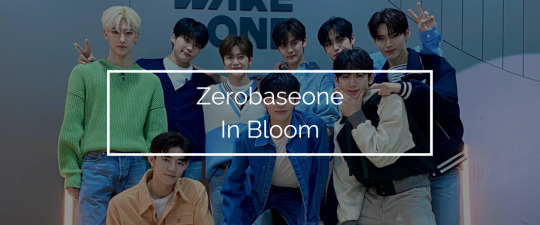
피다 (to bloom)
봄 (spring)
아름답다 (to be beautiful)
마음속 (in the heart)
비가 내리다 (to rain)
눈이 내리다 (to snow)
따뜻하다 (to be warm)
상상하다 (to imagine)
사라지다 (to disappear)
숨죽여 (quietly)
꿈꾸다 (to dream)
기다리다 (to wait)
빛나다 (to shine)
사랑하다 (to love)
희망 (hope)
여름 (summer)
가을 (autumn)
겨울 (winter)
속삭이다 (to whisper)
향기 (fragrance)
새롭다 (to be new)
추억 (memories)
잊다 (to forget)
자유롭다 (to be free)
세상 (world)
기억하다 (to remember)
미소 (smile)
비바람 (rainstorm)
멀리 (far)
함께 (together)
나무 (tree)
달리다 (to run)
날개 (wings)
피난처 (refuge)
마음 (heart)
Official Music video
Suggest a song
#Learn#Learning#Language Learning#korean#studyblr#study#koreanblr#langblr#vocabulary#vocab#words#studying#language#Vocabulary#Vocab#Kpop#Words#KVocab#Zerobaseone#In Bloom
91 notes
·
View notes
Text
Semester in SK: Summer in South Korea
안녕하세요 여러분! Here’s the last Instagram post I made while abroad--this one is a little bit about some popular summer activities in Korea! I hope you enjoy :)
Here is some useful summer-related Korean vocabulary:
여름: summer
바다: sea; beach
등산: hiking; mountain climbing mg
덥다: hot
따뜻하다: warm
습하다: humid


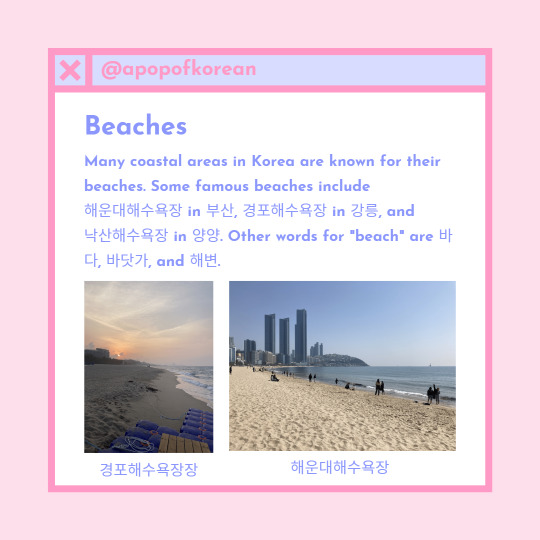

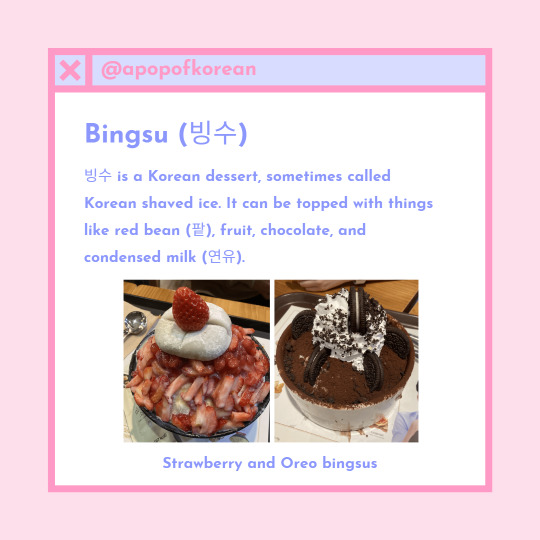
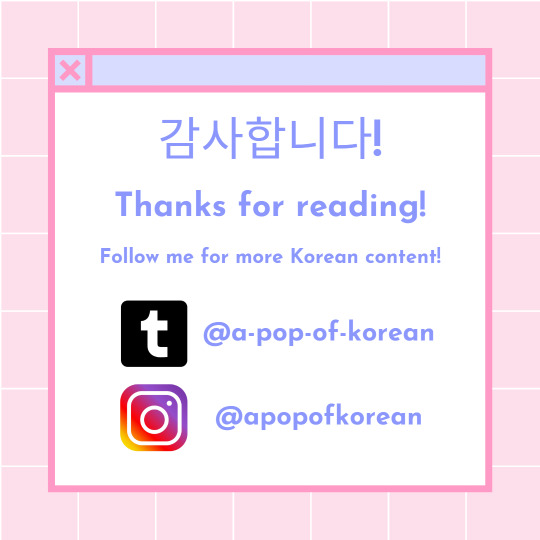
My masterlist
Join my Discord chat here to practice Korean with others!
Follow me on Instagram here for more Korean content!
Check out my Ko-Fi to support this blog and my studies! Thank you for your generosity!
#korean#korea#study abroad#south korea#learn korean#learning korean#study korean#studying korean#korean vocab#korean vocabulary#exchange student#한국어#한국어 공부하기#한국어 배우기#한국어 어휘#어휘#한국#여름#교환학생#유학#유학생활
96 notes
·
View notes
Text
어릴 때와 나이가 든 지금 경험을 다루는 방식이 많이 달라졌다. 전에는 새롭고 이해하기 어려울수록 자극적으로 다가왔다. 그래서 과거의 경험과는 달라야했다. 다르지않음은 익숙함이 아니라 진부함이어야 했다. 그게없다면 삶의 공허를 버텨내는 것이 불가능해보였기 때문에. 지금도 그런 갈증은 여전하지만 다루는 방법에 대해선 다르다. 어색하지만 다정하고 불편하면서 감사하며 바라볼수록 따뜻하다. 경험의 흥분보다 여러 감정과 서사가 지나가기때문에, 여행이 끝난 후 욕조에 누워 사건들을 갈무리해야한다. 나란히 늘어놓고 하나하나 되짚다보면 마음이 무척 따뜻해진다. 우연과 다정함 속에 서로를 반겨주고 들여다보고, 많이 표현하지 못했다는 아쉬움이 남는다.
21 notes
·
View notes
Text
어제. 저녁에 에소프레소를 마셨더니 졸린데도 잠이 오지 않았다. 잠 못드는 어느날에 하는것 처럼 팟캐스트를 들으려다가 귀가 피곤해서 관두고 생각하기 시작해버렸어. 다행히 해 뜰때까지 지속되진 않았다. 그냥.. 내가 한국에 가서 산다면 어떨까 생각했어. 나는 아까워 하는게 맞아. 오랜시간 몇번의 고비를 넘겼고 언어도 이만큼 쓸줄 알고 여러모로 노력 많이 했거든. 쉽진 않잖아. 두학교에서 9년 예술공부를 했네. 예술가는 유럽사는게 낫지. 예술경영도 비슷해. 문화예술 지원사업 환경이 훨씬 더 갖추어져 있으니까. 유럽 여유로워. 어느집이나 넉넉한 공간이 있고 공원도 많고 도로도 땅이 넓으니까. 별로 안벌어도 풍족함을 느껴. 순수하고 몽글몽글한 친구들 많아. 비교, 가식같은것 사람만나면서 느낀지 참 오래되었어. 한국에서 살면 어떨까란 생각을 할때 내가 원하는건 이런류의 행복이 아니란걸 분명히 하면서도 나중엔 내가 배가 불렀었지 할 것같거든. 안전지대에서 벗어나고 싶으면서. 유럽은 정말 보호막이 낀 구슬 안쪽 같아. 캐캐묵었다고 생각해. 이 안에 퍼져 있는 내가 맘에 안들어. 반만 살아있는 것 같아.
오늘. 너무 따뜻하다. 봄같아 초록색 풀들이 싱글싱글 올라오고있어. 한국은 눈보라치던데. 아침에 눈뜨니 열시 반이었어. 어제부터 6시 기상하기로 했는데 껄껄...나는 이런것에 자괴감을 심하게 느끼는 편이야. 시간을 허비한다는 생각. 과거 몇년을 공백으로 남겼다는 후회때문에 치를 떠나봐. 당시 결정을 미룬 것, 마음속 깊이 원하고 있음을 무시한 것을 후회해. 그리고 다신 그러지 않을거라 다짐했기 때문에 지금이 정말 중요해. 아무래도 꽉꽉 채우면서 살고싶나봐. 정신없이 할일에 떠밀려서 살고싶나봐. 독립영화 찍고 스토리 기획하고 친구들 작업 지원금 끌어다주고 캐리어와 연관없는 알바나 하면서 1년 살아볼까 하다가도 지금껏 실컷 그러면서 지냈잖아 사실. 미디어 기업 들어가서 큰 스케일로 수십명의 얼굴을 마주하며 에너지 고갈 시키면서 살고싶어. 그럼 내것하면서 다시 정말 즐거워질것같아
7 notes
·
View notes
Text
메세지로 이것저것 말하고 대화하는거 재밌다
이 안에서 나름 편안하게 대화가 되는 그리고 잘 맞춰주시고 따뜻한 ㅎㅎ
물론 돔의 성향들을 가지고 있지만 일상대화는 물씬 따뜻하다 😌😚
15 notes
·
View notes
Text
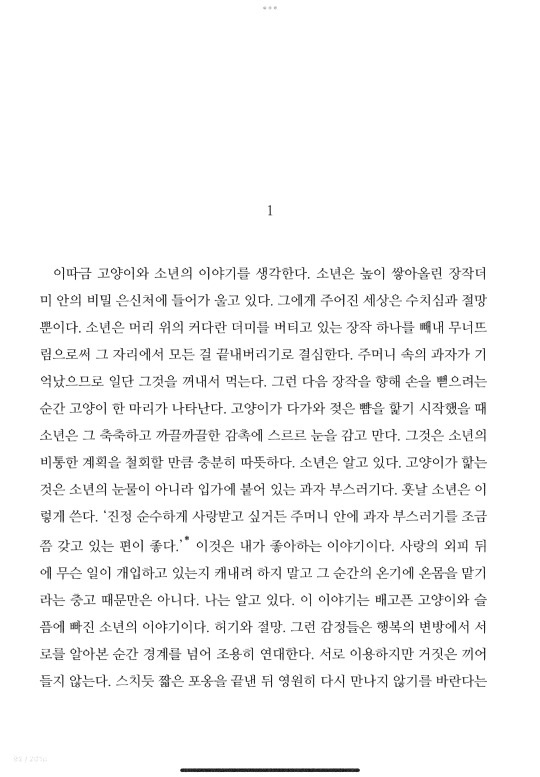
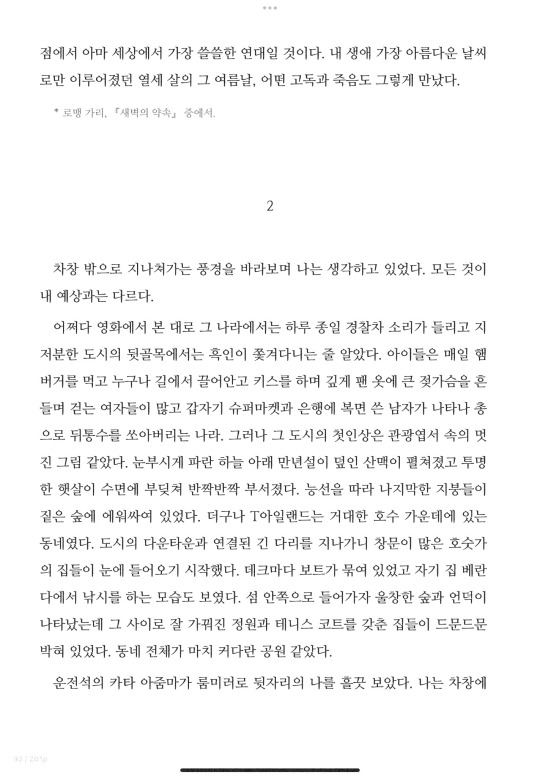
이따금 고양이와 소년의 이야기를 생각한다. 소년은 높이 쌓아올린 장작더미 안의 비밀 은신처에 들어가 울고 있다. 그에게 주어진 세상은 수치심과 절망뿐이다. 소년은 머리 위의 커다란 더미를 버티고 있는 장작 하나를 빼내 무너뜨림으로써 그 자리에서 모든 걸 끝내버리기로 결심한다. 주머니 속의 과자가 기억났으므로 일단 그것을 꺼내서 먹는다. 그런 다음 장작을 향해 손을 뻗으려는 순간 고양이 한 마리가 나타난다. 고양이가 다가와 젖은 뺨을 핥기 시작했을 때 소년은 그 축축하고 까끌까끌한 감촉에 스르르 눈을 감고 만다. 그것은 소년의 비통한 계획을 철회할 만큼 충분히 따뜻하다. 소년은 알고 있다. 고양이가 핥는 것은 소년의 눈물이 아니라 입가에 붙어 있는 과자 부스러기다. 훗날 소년은 이렇게 쓴다. ‘진정 순수하게 사랑받고 싶거든 주머니 안에 과자 부스러기를 조금쯤 갖고 있는 편이 좋다.’* 이것은 내가 좋아하는 이야기이다. 사랑의 외피 뒤에 무슨 일이 개입하고 있는지 캐내려 하지 말고 그 순간의 온기에 온몸을 맡기라는 충고 때문만은 아니다. 나는 알고 있다. 이 이야기는 배고픈 고양이와 슬픔에 빠진 소년의 이야기이다. 허기와 절망. 그런 감정들은 행복의 변방에서 서로를 알아본 순간 경계를 넘어 조용히 연대한다. 서로 이용하지만 거짓은 끼어들지 않는다. 스치듯 짧은 포옹을 끝낸 뒤 영원히 다시 만나지 않기를 바란다는 점에서 아마 세상에서 가장 쓸쓸한 연대일 것이다. 내 생애 가장 아름다운 날씨로만 이루어졌던 열세 살의 그 여름날, 어떤 고독과 죽음도 그렇게 만났다.
* 로맹 가리, 『새벽의 약속』 중에서.
3 notes
·
View notes
Text
Jimin - 편지 (Letter) [lyrics+vocab]

어떤 말해야 할지
또 어떻게 전할지
서툴기만 하네요
뻔한단 걸 알지만
가볍지 않도록
이 말을 전할게요
◌ 전하다 - to relay, convey
◌ 서투르다 - to be clumsy
◌ 뻔하다 - to be obvious
◌ 가볍다 - to be light
I say uh-oh, 더 행복하길 바라요
난 넘어질 때면 내게 그 손 내밀어주던 you-ooh-ooh-ooh
I say uh-oh, 이젠 내가 잡아줄게요
울고 싶을 때면 넘어지지는 않도록
◌ 행복하다 - to be happy
◌ 바라다 - to wish
◌ 넘어지다 - to fall
◌ 손을 내밀다 - to reach out
시간이 흐른 뒤에도 너는 그대로일까
처음 만난 그때처럼, hmm-mmm
우리가 함께라면 사막도 바다가 될 수 있던
그때 그 모습 그대로, oh-hoo-ooh
◌ 시간이 흐르다 - for time to pass
◌ 그대로 - as it was, the same
◌ 처음 - first time
◌ 사막 - desert
◌ 바다 - sea
I say uh-oh, 꼭 영원하길 바라요
추운 겨울 속 내게 따뜻한 봄날같던 you-ooh-ooh-ooh
I say uh-oh, 언제나 간직할게요
너와 나 그 사이 재밌던 그 순간들을
◌ 꼭 - for sure
◌ 영원하다 - to be eternal
◌ 춥다 - to be cold
◌ 겨울 - winter
◌ 따뜻하다 - to be warm
◌ 봄날 - spring day
◌ 간직하다 - to treasure, cherish
◌ 사이 - between
◌ 재미있다 - to be fun
◌ 순간 - moment
Baby, 떠나지는 마 그냥 내 곁에 stay, yeah
작디 작은 날 크게 봐준 너에게
받은 만큼만 전할 수 있게
내가 했던 말 지킬 수 있게
걱정하지마 그냥 네 곁에 stay, yeah
어떤 날이 기다릴지 모르기에
무섭긴 하지만 겁이 나지만
함께라는 말을 항상 잊지 마
◌ 떠나다 - to leave
◌ 그냥 - just
◌ 작다 - to be small
◌ 작디작은 - so very small
◌ 크다 - to be big
◌ 받다 - to receive
◌ 지키다 - to keep (a promise)
◌ 걱정하다 - to worry
◌ 무섭다 - to be scared
◌ 겁이 나다 - to fear
◌ 항상 - always
뻔한단 걸 알지만
가볍지 않도록
이 말을 전할게요
12 notes
·
View notes
Text

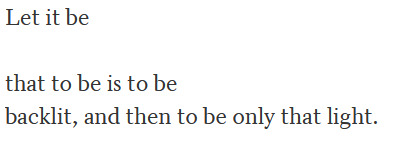
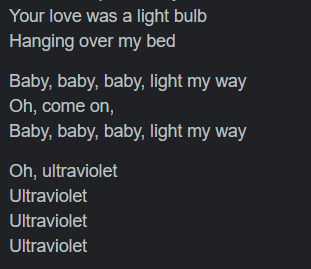

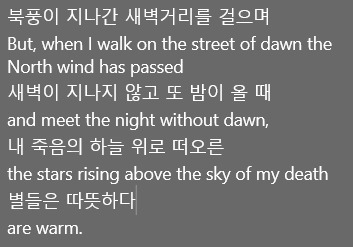
@quietplaceinthestars
sowing stars (valera lutfullina) & in the beginning god said light (mary szybist) & ultra violet (u2) & the princess bride (1987) & 별들은 따뜻하다 (정호승) // the stars are warm (chung ho-seung)
19 notes
·
View notes
Text
트로피컬 나이트
조예은/한겨레출판
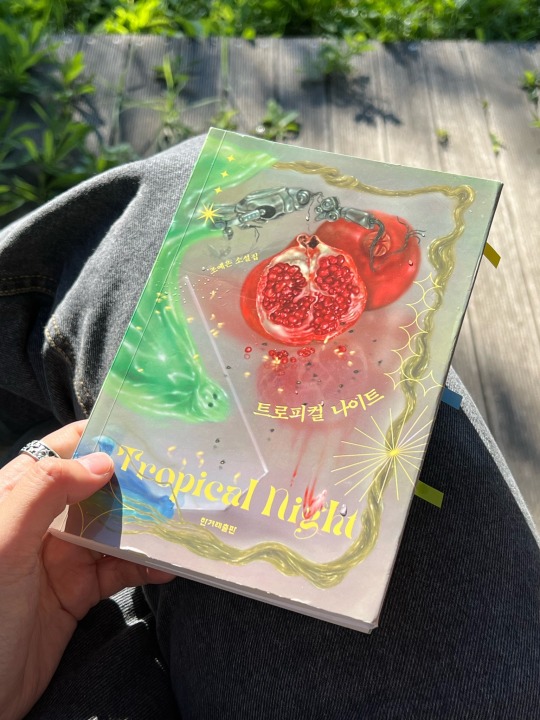
출간 소식을 보자마자 바로 구매해서 읽었다. 솔직히 표지가 역대급으로 잘 나왔다고 생각한다. 다만 제목이 희한하게 입에 잘 안 붙는다. 아마 영어 제목이어서가 아닐까 혼자 짐작해 보는 중이다. 나는 인생을 잘 살아보고 싶을 때면 비문학 책을 읽는 편이고, 현실에서 도피하고 싶을 때면 소설을 읽는 편이다. 그리고 나는 대부분 소설을 읽으며 살고 있다.
굉장히 피곤한 상황에서 출근길에 조금씩 조금씩 읽었던 책인데 전혀 지루하지 않았고 오히려 웃음이 새어 나올 정도로 귀여우면서도 물컹물컹한 감정의 잔여물을 남기고 간 책이었다. 이번 책을 읽으면서 유독 소설에 등장하는 생명체들이 일상을 살아가는 동안 문득문득 생각이 났다. 가끔은 소설에서 방금 읽었던 장면이 내 눈앞에 똑같이 등장해 나를 당황스럽게도 했다.
마지막 단편 <푸른 머리칼의 살인마>는 작가의 전작 <칵테일, 러브, 좀비>에서 마지막 단편을 읽었을 때의 소름을 또 한 번 느꼈을 정도로 여운이 남은 단편이었고, 가장 좋았던 단편은 <새해엔 쿠스쿠스>였다. sf니 괴담이니 뭐니 뭐니 해도 언제나 내가 가장 마음이 가는 이야기는 사랑인 것 같다. 그렇게나 상처받고 실망했으면서도 아직도 사람을 믿다니 바보 같다.
"살아 있는 것은 부드럽고 말랑하며 따뜻하다. 그 부드럽고 말랑하고 따뜻한 피부가 나를 감싸자 죽을 것 같았다."
"썸머, 크리스마스트리 장식을 부탁해. 별은 꼭 꼭대기에 있어야 해."
"넌 대부분 한심하고 가끔 사랑스럽지만 잘 살 거라고."
41 notes
·
View notes
Text
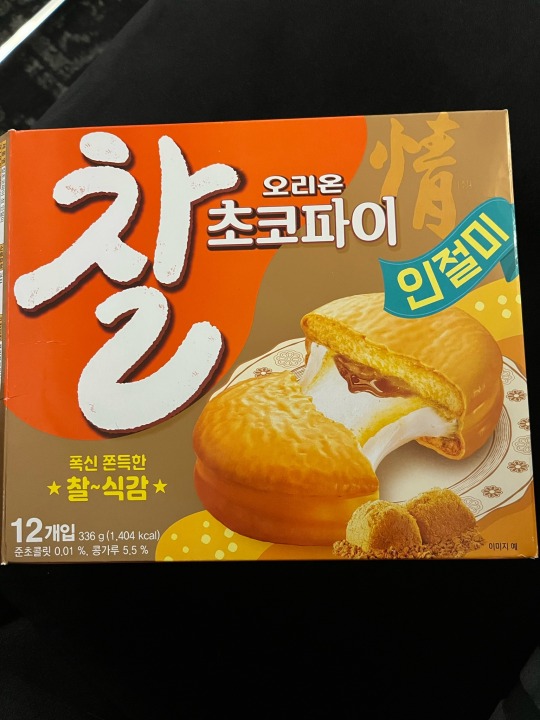
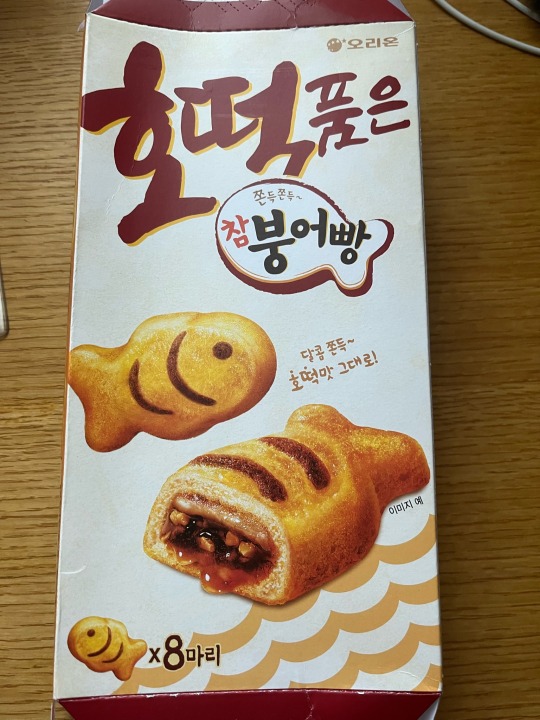
한국서 사갖고 온 것 중 인기짱이였던 것. 의외로 인절미맛이 인기가 많았은데 피넛버터 맛이랑 비슷하다고.


구름이 하고 신기해서 찍어봤다. 올해 겨울 나쁘지 않게 지나가는 듯 하다. 겨울인데 큰 추위가 많이 없고 너무 따뜻하다.
요즘 뮤온 낮잠 잘때마다 코를 고는데 이것마저 참 귀엽다. 뮤온은 자신이 귀여움의 총집합이라는 걸 알까
17 notes
·
View notes
Text
1일1부챠 : 647. "당신 손, 따뜻하다."

4 notes
·
View notes
Text
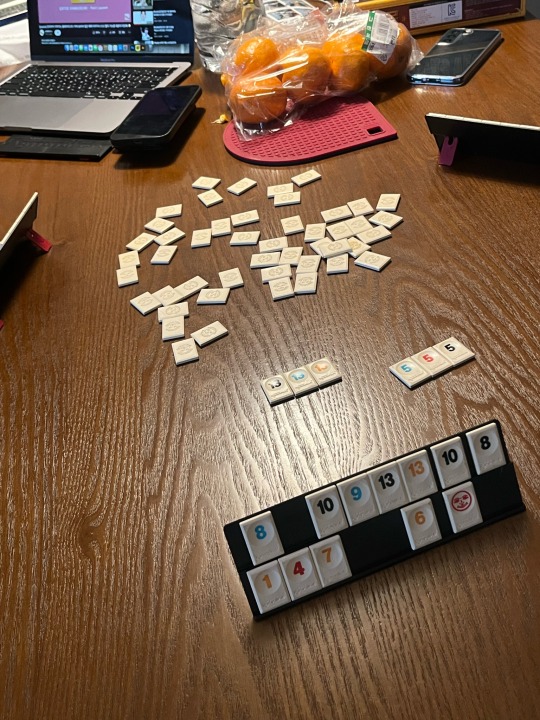
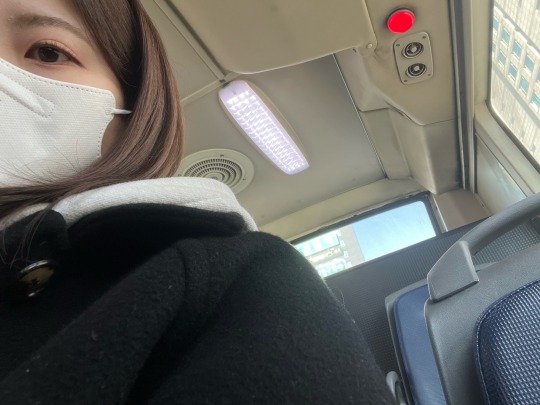
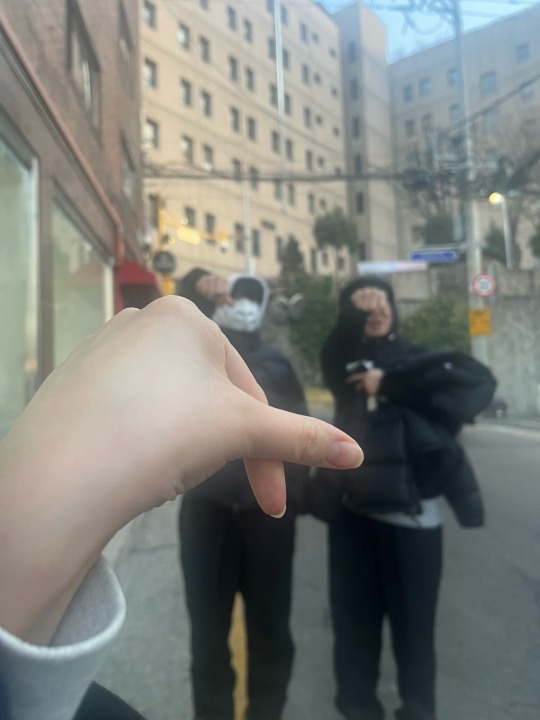
4일차 출근 길 아침 7호선에 앉아, 오랜만에 텀블러를 켰다.
날은 더 추워졌지만 동기들과 함께하는 시간은 내내 따뜻하다. 나보다 텐션이 5배는 높아 조금 힘든 날도 있었지만, 그런 사람들이 곁에 있어주니, 즐겁게 교육 생활을 즐기고 있다.
아침 7시에 문을 나서 정류장에 가면, 내가 잠자고 있었을 시간에 이렇게 많은 사람들이 나와있다는 걸 알게 된다. 한 발 뒤로 물러나 바라보면, 세상에는 열심히 사는 사람이 너무나도 많다는 것을 오늘도 인지하게 된다.
그리고, 그렇게 바라고 바라던 취뽀를 하게 되었으나, 그 기쁨은 아주 잠시였다. 또 다른 인생의 장이 열린 느낌이고 책임감은 배가 된 느낌이다. 어떻게 해야 나의 커리어를 잘 쌓고 나아갈 수 있을지 많은 고민이 필요한 시점인 것 같다.
7 notes
·
View notes
Photo
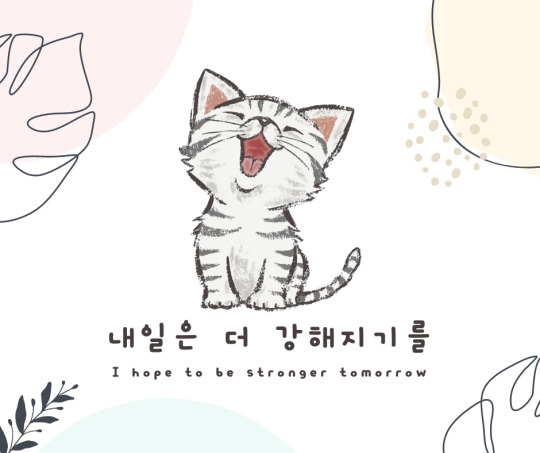
내일은 더 강해지기를
(I hope to be stronger tomorrow)
✏️ 𝐕𝐨𝐜𝐚𝐛𝐮𝐥𝐚𝐫𝐲:
내일: tomorrow
더: more
강하다: strong, powerful, solid
강해지다: grow strong, gain strength
✏️ 𝐆𝐫𝐚𝐦𝐦𝐚𝐫:
1. Adjective + 아/어지다: express the 'change of state over time' = to get/become A
E.g.
좋다 → 좋아지다 (to become good)
따뜻하다 → 따뜻해지다 (to become warm)
2. Verb + -기(를) 바라다: express wish or hope = I Hope/I Wish
E.g.
오다 → 오기를 바라다 (hope you’ll come)
낫다 → 낫기를 바라다 (hope you’ll get better)
In daily conversation or when texting, ~기를 바라다 could be able to shorten to 기를 or 길.
E.g.
나중에 잘생긴 남자와 결혼하길~
(Hope to marry a handsome man later~)
❤️
Kindly Visit My Blog Here
Available Products Here
Available Korean Writing Notebook Here
#Korean Quotes#Korean Phrases#Korean Language#Learn Korean#Study Korean#Motivational Quotes#quotes of the day#Hangul#Korean Hangul#한국어공부해요#한국어공부#한국어 배우기#한국어능력시험#한국어배우기#한국어공부중#한국어 연습#한국어 단어#한국어#한국#Language Study#Learn Language#Study With Me
7 notes
·
View notes
Text
-ㄹ 거예요 vs. -ㄹ게요: grammar breakdown
Okay, so recently I've been having trouble comprehending the nuance difference between -ㄹ게요 which is said to be used when expressing speaker's intention, will and -ㄹ 거예요 which is just a pure future tense. I've scoured the internet to find a good comparison of these grammar points before writing up one myself and the best I could find was a post by letusstudykorean.com explaining differences between the already mentioned two grammars plus -겠다.
What brought me the most confusion was the fact that I usually use the same future tense to express my wills and intentions both in English and my mother tongue. This prompted me to get to the core of how exactly is -ㄹ게요 used? Are both grammatical structures interchangeable? Isn't it possible to express your intention of doing something by simply using the future tense -ㄹ 거예요?
Firstly, I'll look over both grammar points and what is known about them separately so we could form a concept of each of them. I won’t be talking much if at all about the conjugation rules since it’s easily google-able. In the end, I'll be comparing the two together where the usage nuance becomes quite clear. Because oh boy the difference between them is rather remarkable!
Future tense -ㄹ 거예요
As you can see, the form used in the title is already conjugated into the casual polite form, however the infinitive looks like this: -ㄹ 거다. To mention the most common forms this future tense takes in once place:
Infinitive -ㄹ 거다
잘 거다; 읽을 거다; 전화할 거다
Casual informal -ㄹ 거야
잘 거야; 읽을 거야; 전화할 거야
Casual polite -ㄹ 거예요
잘 거예요; 읽을 거예요; 전화할 거예요
Formal polite -ㄹ 겁니다
잘 겁니다; 읽을 겁니다; 전화할 겁니다
An important punctuation note to take is that there’s a space between the verb or descriptive verb that ends in ㄹ and the 거예요 part.
Usage and meaning of -ㄹ 거예요
Since it’s a tense, we only use it with verbs, of course. Both with verbs (i.e. 자다, 걷다, 놀다, 공부하다) and with descriptive verbs (i.e. 바쁘다, 춥다, 따뜻하다).
When it comes to person, -ㄹ 거예요 is flexible since it can be used to speak about oneself, speak and ask about another person, other people, things and occurrences.
The main usage rule is similar to the future tense in English: from a sentence that looks something like “It will snow tomorrow” we can infer that the speaker thinks it will snow tomorrow. It’s in no way something that is surely going to happen but simply a speaker’s supposition, thoughts, speculations about events in the future. The same goes for -ㄹ 거예요.
Additional notes
Nevertheless, that is not to say -ㄹ 거예요 is never used to express any future plans a speaker might have or talk about things that will take place in the future. This future tense has a rather broad usage and whenever talking about yourself doing something tomorrow, or asking about other people doing something next month, an event taking place next weekend – it’s a good default grammar option.
Additionally, when you talk about future plans it’s also acceptable to use the present tense whenever the context is clear and allows it. A simple ‘이번 주말에 집에서 요리해요’ is enough even without using the future tense. Sometimes everything is too flexible, right 😅
Indicator -ㄹ게요
This grammar structure is usually called an indicator of intention, will or promise. It’s important to highlight the fact that it’s an indicator – for the reasons I’ll be explaining later. Moreover, this structure is exclusively a part of casual polite and casual informal Korean. A grammar point that is used in formal structures and would resemble something close to -ㄹ게요 is the -겠다 grammar. However, they are further from identical than it seems at first glance, too.
Usage and meaning of -ㄹ게요
As I mentioned, this is a structure that indicates to and notifies another person/other people of whatever you’re going to do. Technically, it’s not even a future tense although when translating into English it’s common to see it translated using a future tense. If I were to find an English equivalent, it would be closer to ‘going to’ rather than the future tense’s ‘will’.
-ㄹ게요 sort of works like a heads up to another person, on a communication level it translates as a promise to someone else. As we know, communication is something that exists between at least two subjects – we can say that -ㄹ게요 exclusively exists in that space between one subject and another.
To give an example, whenever someone asks you to do something you can answer with ‘네, 그럴게요’ (Okay, I’ll get to it) which is made from 그렇다 + ㄹ게요. Another example would be:
A: 우리 엄마한테 선물 사야 해. 토요일에 생일 있잖아.
B: 맞네. 내일 가서 살게.
Given such meaning, -ㄹ게요 can only be used in first-person and only talking about things you yourself intend on doing. As well as it is not used to form question sentences.
Important punctuation point: there’s no space between ㄹ and 게요. It’s always ㄹ게요.
So, which one do I use to talk about my future intentions and plans?
The most important thing to note is that while -ㄹ 거예요 is a future tense, -ㄹ게요 is not a tense at all and is an indicator of speaker’s intention. I’ve seen many explanations of -ㄹ게요 on the internet and a good portion of them do parallel it with a somewhat ‘future tense’. In my case, this was where most of my confusion came that I mentioned in the beginning of this post.
While -ㄹ 거예요 can be used in variety of situations to mean an action or an event happening in the future (talking either about oneself or others), -ㄹ게요 is solely used to express your own intentions in regards to the situation happening right now and people currently present with you.
The way I see it, -ㄹ게요 is something closer to being a reaction prompted by a situation currently happening. To try translating the nuance of it in more tangible words, it can be something like “Given the situation right now, my stance in it is this“.
While it wouldn’t be a sin to use -ㄹ 거예요 in the same “prompted situations” I was describing, let’s take the example of the conversation I’ve written up just before and compare along with nuance translated:
-ㄹ게요
A: 우리 엄마한테 선물 사야 해. 토요일에 생일 있잖아.
B: 맞네. 내일 가서 살게.
—
A: We have to buy mom a present. It’s her birthday on Saturday.
B: That’s true. [Given the circumstances of this situation] I promise to go and get it by tomorrow.
-ㄹ 거예요
A: 우리 엄마한테 선물 사야 해. 토요일에 생일 있잖아.
B: 맞네. 내일 가서 살 거야.
—
A: We have to buy mom a present. It’s her birthday on Saturday.
B: That’s true. I will go and get it tomorrow.
As you can see, while -ㄹ 거예요 also fits here, it’s much more general and a bit detached from the current situation compared to -ㄹ게요. The latter is much more situation-sensitive and includes your intention to take up responsibility for buying the present for mom which means it includes a promise for the person A. Of course, both sentences can and probably would simply be translated as “I’ll go and get it tomorrow” since it sounds more natural – but that's another topic of how often nuance is lost when translating into English.
읽어주셨어 감사합니다!
4 notes
·
View notes
Text
Diary entry 431
Let's keep it polyglot today as well. It's a nice challenge and I might try to keep it up every weekend, anche perché mi aiuterebbe a far pratica anche in francese e spagnolo... che ne ho bisogno! Bien, a voir à propos de quoi je peux écrire aujourd'hui... hum... c'est une très belle journée: 해가 빛이 나고 너무 따뜻하다. 그러나 오늘 오후에 나가지 않고 좀 한국어 공부할게요. Creo que me voy a cuidar un ratito de mi misma también de todas maneras, realmente necesito eso.


0 notes